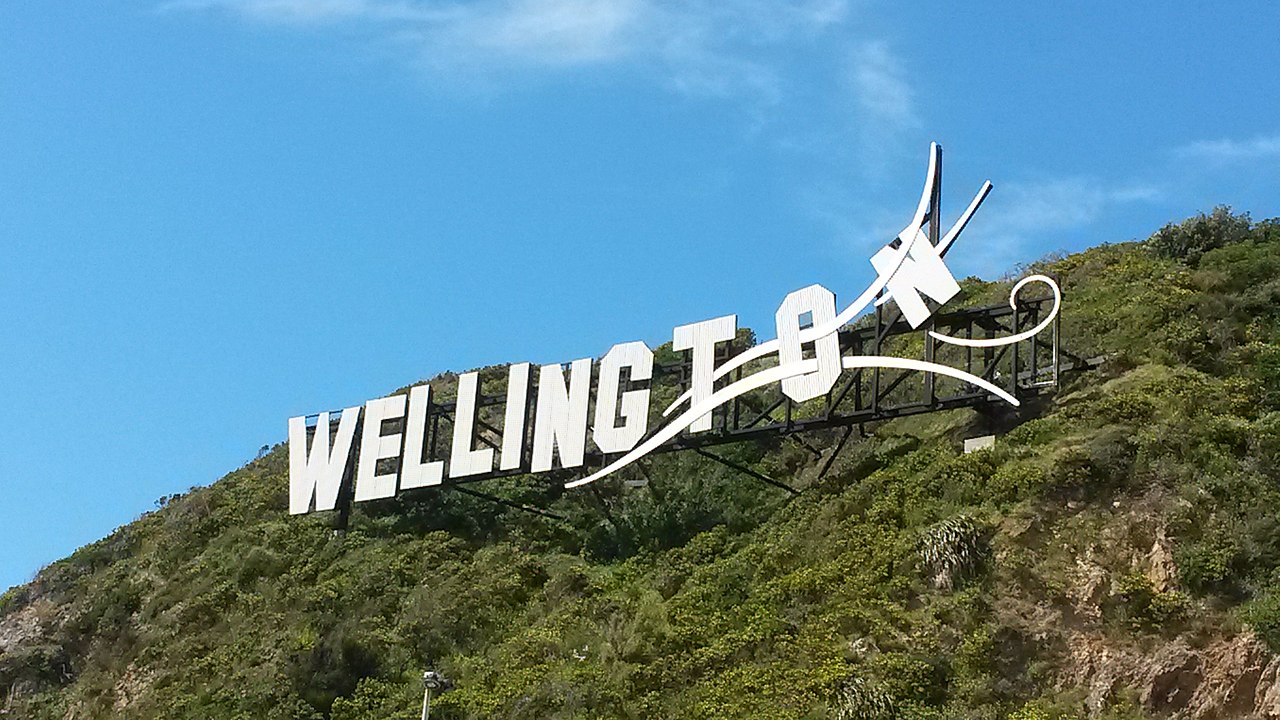

I coincidentally went to a talk about it tonight where it was noted they’re getting so populous that there’s a new suspected risk of tuatara burrowing under the fence and letting something bad in.
The fence is due to be replaced within the next decade, and apparently they have tentative plans for an adjusted design to prevent this from happening.
I guess it’s a good problem to have.




Yes. What they found for rabbits, back in the day whilst figuring out how to design it, was that they’d always go right up to the fence and then try to dig. If they hit metal then they’d move sideways rather than backwards, so the skirt goes about 40cm outwards and that prevents all the rabbit incursions.
At the time I don’t think they ever imagined the need to design for tuatara burrowing outwards, but probably good that it’s only starting to become a question at about the time they’ve been planning for the fence to be replaced anyway. It’ll be interesting to see if and how this affects all the other fenced sanctuaries that have sprung up later.
Another bonus of replacing the fence is that they’ll be able to change the mesh, as the original one didn’t have small enough holes to prevent baby mice getting through. I’m not sure how the mice inside will be properly eradicated after that’s done. The original eradication was (I think) a brodifacoum drop which would no longer be practical unless everything important was somehow cleared out from inside the fence first.